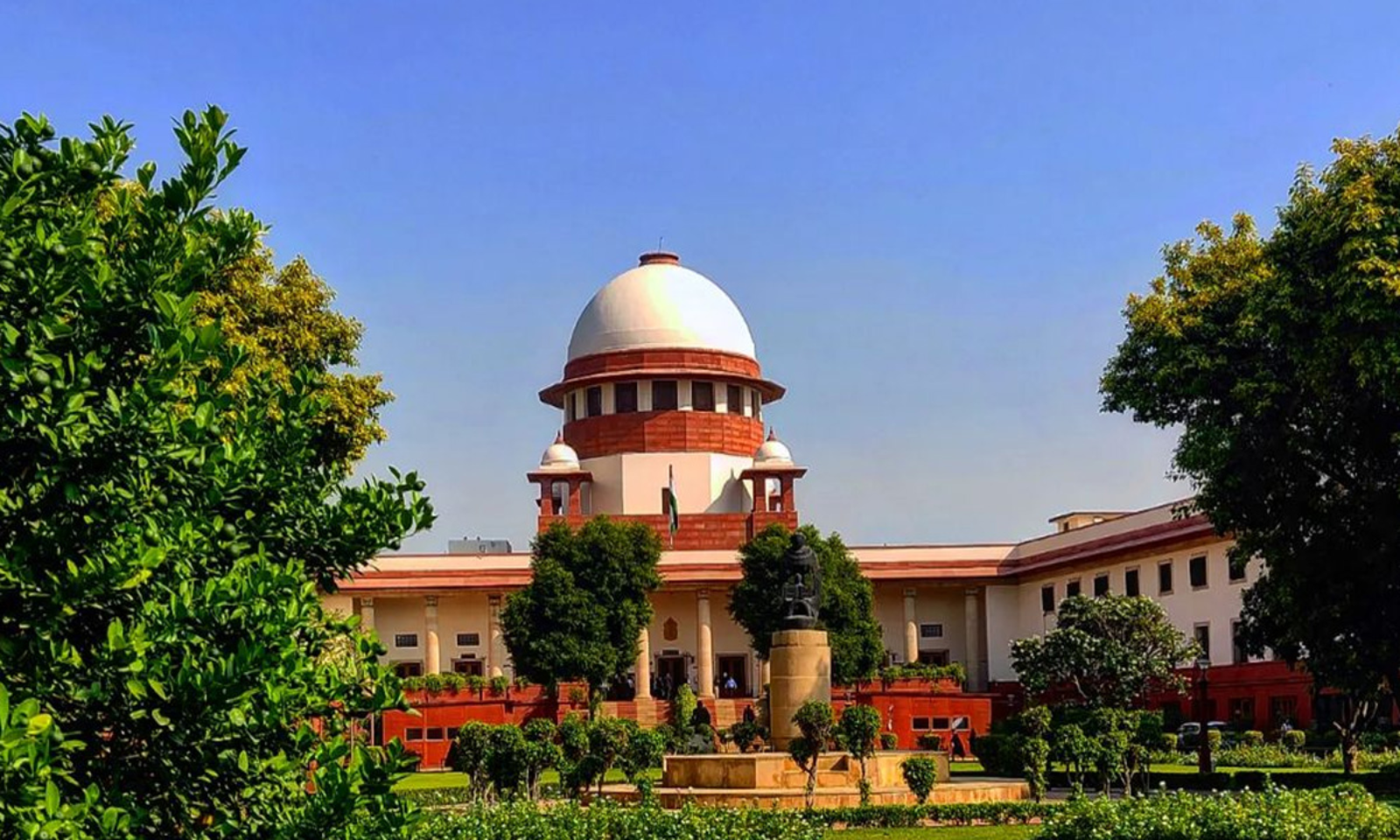Candidates Have Right to Privacy from Voters: Supreme Court
On April 9, 2024, the Supreme Court of India made a significant ruling regarding the right to privacy of election candidates. The decision came in response to a petition filed by Arunachal Pradesh MLA Karikho Kri, challenging a Gauhati High Court decision that declared his election void due to non-disclosure of three vehicles as assets in his affidavit.
Supreme Court Bench
The case was heard by a bench consisting of Justices Aniruddha Bose and Sanjay Kumar. Justice Kumar authored the judgment, which held that a candidate’s choice to retain privacy on matters irrelevant to their candidature for public office does not amount to a ‘corrupt practice’ under the Representation of People Act, 1951.
Representation of People Act, 1951
The Representation of People Act, 1951 is a key piece of legislation in India that governs the conduct of elections. Section 123 of the Act defines ‘corrupt practices’ in the context of elections, while Section 36(4) deals with the rejection of nomination papers due to defects of a substantial nature.
Candidate’s Right to Privacy
The Supreme Court emphasized that a candidate is not compelled to disclose every aspect of their personal life and possessions to the electorate. The judgment stated that non-disclosure of assets that are not of substantial value or irrelevant to the candidate’s lifestyle and candidature would not be considered a defect of a substantial nature.
Context of the Petition
Karikho Kri, an Independent candidate, won the election to the 44-Tezu Assembly Constituency of Arunachal Pradesh on May 23, 2019. However, the Gauhati High Court declared his election void in July 2023 for not declaring three vehicles (a Kinetic Zing Scooty, a Maruti Omni van used as an ambulance, and a TVS Star City motorcycle) as assets in his affidavit filed in Form No 26 appended to the Conduct of Elections Rules, 1961.
Conduct of Elections Rules, 1961
The Conduct of Elections Rules, 1961 is a set of rules that govern the conduct of elections in India. Form No 26, appended to these rules, is the affidavit in which candidates are required to disclose their assets and liabilities.
Supreme Court’s Decision
The Supreme Court ruled in favor of Karikho Kri, agreeing with his lawyers that vehicles that had been sold could not be considered as “assets” of the candidate. The court emphasized that voters have the right to disclosure of information essential for choosing the candidate for whom they should cast their vote.
The judgment strikes a balance between a candidate’s right to privacy and the voters’ right to essential information, clarifying that non-disclosure of irrelevant or insignificant assets does not constitute a corrupt practice or a substantial defect in the nomination process.
Month: Current Affairs - April, 2024
Category: Legal & Constitution Current Affairs


